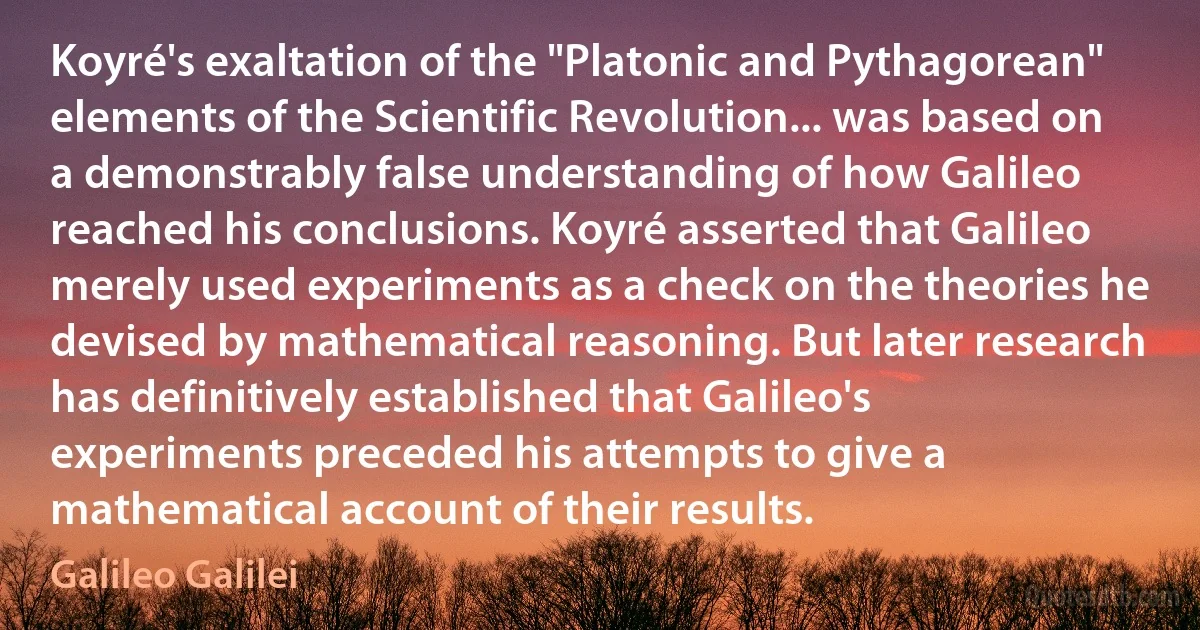Platonic Quotes - page 3
...But no matter how enamoured one may be with Postmodernist instability of meanings and signification slippage, absolutely nothing can make spinozisme as employed in Diderot's Promenade and the Encyclopédie, or in High Enlightenment literature, compatible with Revelation, divine providence, religious authority, theism, mysticism, fideism, eclecticism, moral relativism, Aristotelian substances, Platonic ideals, Prisca theologia (natural religion), Cartesian dualism, Lockean dualism based on supra rationem, double truth, fixity of species, Epicurean swerves, La Mettrie's materialism, or skepticism. ‘Spinozists' a term already in very wide use, in Britain, Germany, France, and Italy, as well as Holland well before 1700, and ‘spinozisme' as used in eighteenth-century France, can never mean, or ever be blended with, any of these trends. It may not always be a rigorous philosophical-theological category.

Baruch Spinoza
Orient yourself towards the psychedelic experience, towards the psychedelic phenomenon, as a source of information. A mirror image of the psychedelic experience in hardware are computer networks. Computer networks, paradoxically enough, are a deeply feminizing influence on society, where, in hardware, the unconscious is actually being created. It's as though we took the Platonic bon mot about how "if God did not exist, Man would invent him", and say "if the unconscious does not exist, humanity will invent it"-in the form of these vast networks able to transfer and transform information. This is in fact what we are caught up in, is a transforming of information. We have not physically changed in the last 40,000 years; the human type was established at the end of the last glaciation. But change, which was previously operable in the biological realm, is now operable in the realm of culture.

Terence McKenna
Since it is always the same person whose mind thinks, wills, and judges, the autonomous nature of these activities has created great difficulties. Reason's inability to move the will, plus the fact that thinking can only "understand” what is past what neither remove it nor "rejuvenate it” ... have led to the various doctrines asserting the mind's impotence and the force of the irrational, in brief to Hume's famous dictum that "Reason is and ought only to be the slave of the passions,” that is, to a rather simple-minded reversal of the Platonic notion of reason's uncontested rulership in the household of the soul. What is so remarkable in all these theories and doctrines is their implicit monism, the claim that behind the obvious multiplicity of the world's appearances and, even more pertinently to our context, behind the obvious plurality of man's faculties and abilities, there must exist a oneness - the old hen pan, "the all is one” - either a single source or a single ruler.

Hannah Arendt

